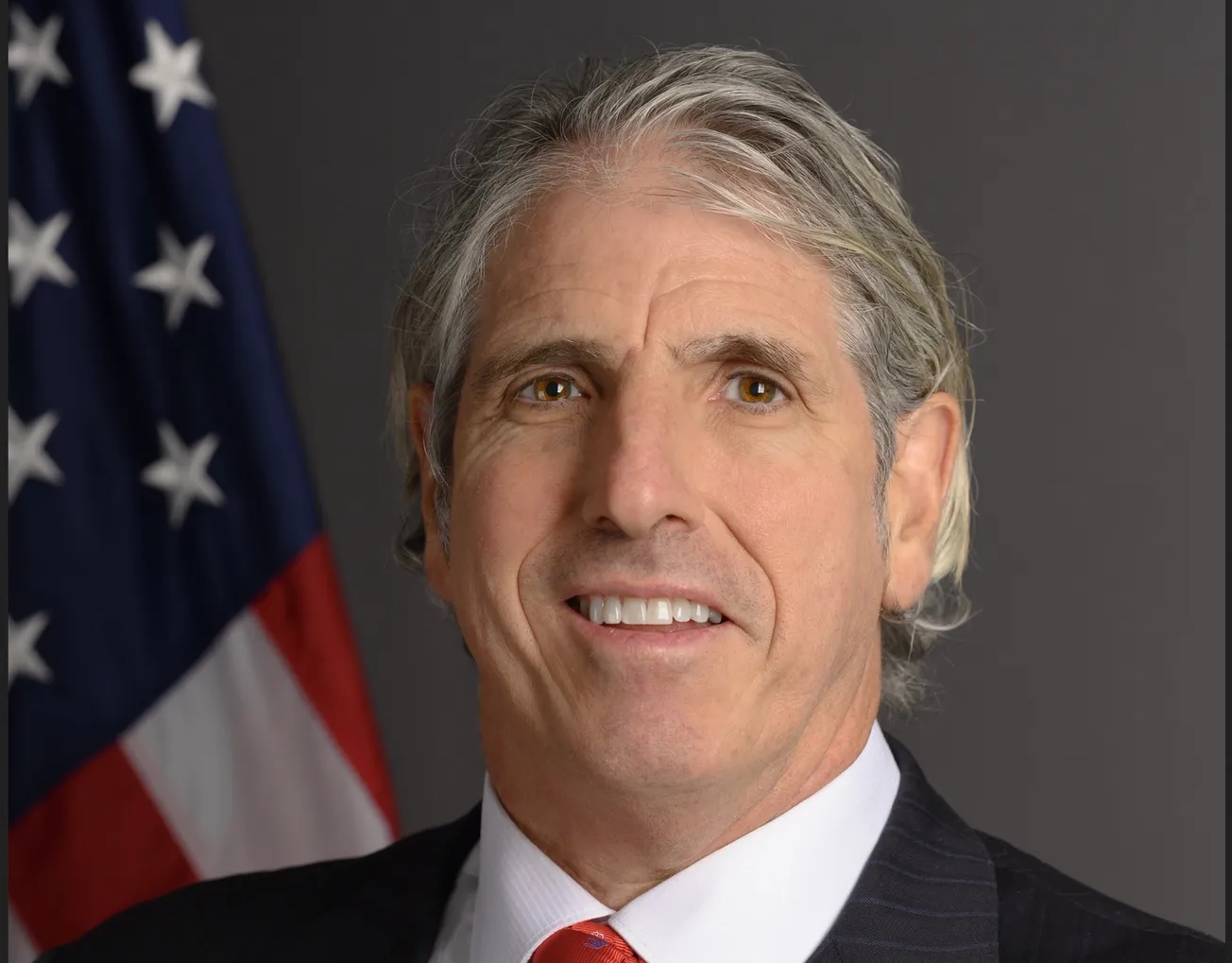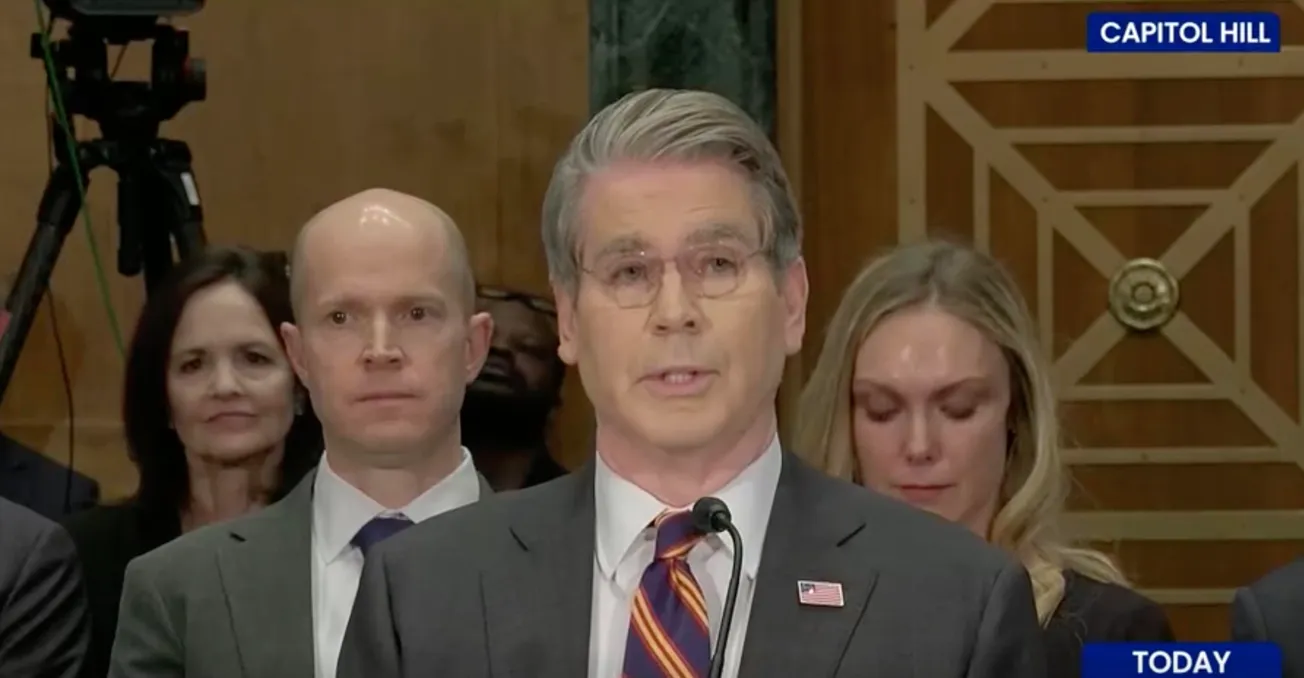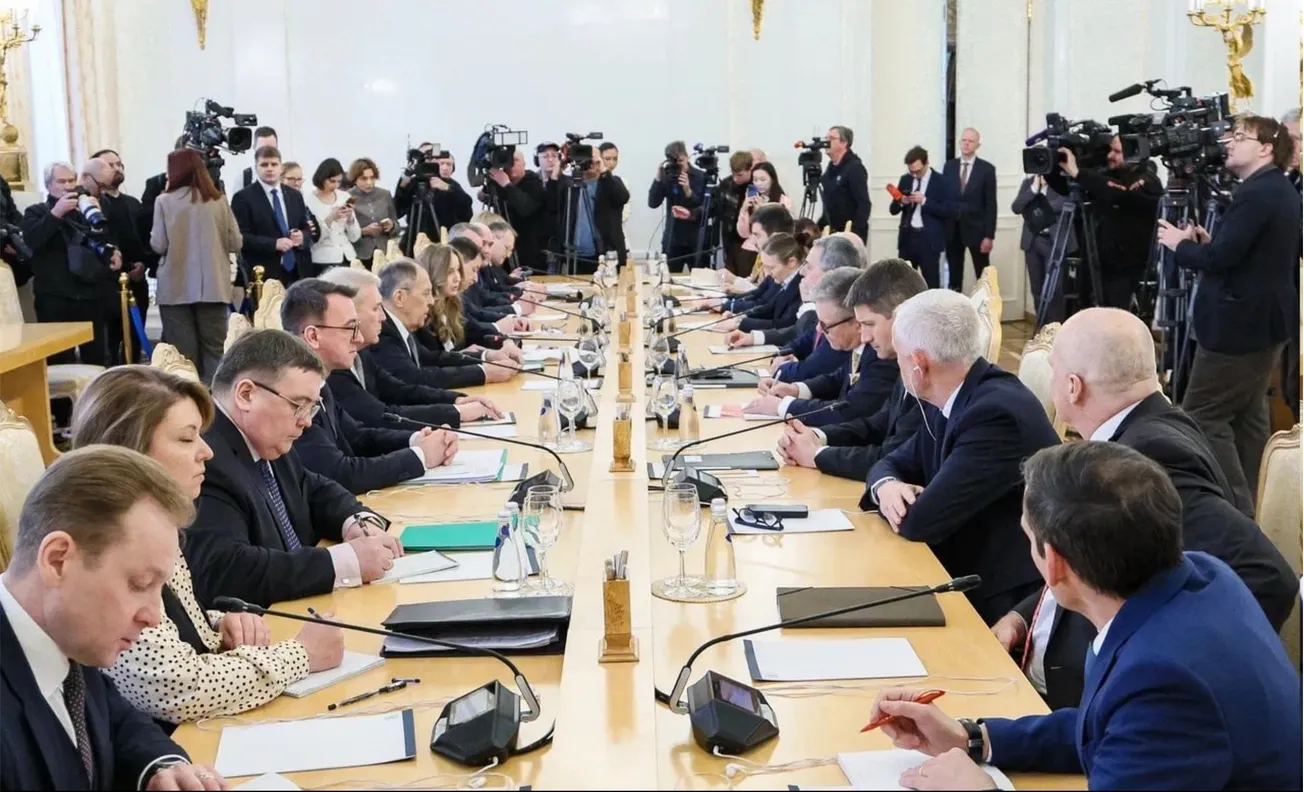The British policy to contain Trump, remove Trump, or force Trump to join the geopolitical game plan of perpetual war, seems to be picking up where it left off from the last Trump administration. Just a few months after entering the White House in 2017, the last Trump administration was hit by former MI6 operative Christopher Steele’s “dossier,” a discredited 35-page “opposition research” paper of “unverifiable raw intelligence” designed to bully Trump into the British bandwagon. Later it was revealed in leaked documents that Sir Kim Darroch, the British Ambassador to the U.S. during these same early years, spent much of his efforts trying to discredit, undermine, or create a policy coup against Trump. In July 2019, Trump, however, had Darroch removed, not the other way around.
Darroch is now trying to position himself as Britain’s top expert on Trump. In a Nov. 9 article in Britain’s The Guardian Darroch wrote, “Sucking up is seen as weakness [to Trump]; straight talking may initially prompt a sharp response, but ultimately wins some respect.” Darroch offers advice, to anyone who will listen, about Trump’s personality, leadership style, and his seeming unpredictability. Darroch has ready commentary on British-U.S. trade policies, or engaging the U.S. on climate policies. However, Darroch’s career deals with geopolitics, which means getting the U.S. to follow the British war plan. Much of Darroch’s current obsession seems to be the war in Ukraine, and a possible war with Iran. Darroch’s interest in war with Iran was detailed in a 2019 editorial in EIR by Harley Schlanger.
Darroch was unceremoniously dumped as ambassador after leaked cables, emails, and one very nasty letter, dated June 22, 2017 to British National Security Adviser Sir Mark Sedwill prompted President Trump to send out Tweets on July 8, 2019, stating the Darroch is “not liked or well thought of within the U.S.,” and “we will no longer deal with him,” according to BBC, reporting that Trump was “all but declaring the ambassador to be persona non grata.”
However, the leaked diplomatic messages show that Darroch’s mistrust of Trump was not because of Trump’s character flaws or tabloid scandals. The real conflict for Darroch was Trump’s refusal to be manipulated into a war against Iran. In his six-page 2017 letter to Sedwill, Darroch complained that the Trump White House was split on Iran, with the John Bolton types eager for war, but Trump reluctant to start any new conflicts. Darroch described the intensity of infighting in the White House on the Iran issue as a virtual “knife fight.” In June 2019, Trump had claimed that he had aborted a missile strike on Iran because it would have caused 150 casualties. Darroch, however, said that claim is false; Darroch’s allegation was that Trump was never going to allow the strike to take place, in order to uphold his 2016 campaign promises to keep the U.S. out of wars. The Times of London reported that the ambassador was hopeful “that Mr. Trump was surrounded by ‘a more hawkish group of advisers’ and that conflict with Iran remained possible as ‘just one more Iranian attack somewhere in the region could yet trigger another Trump U-turn.’” During this same period in 2017 when Darroch wrote his letter, Britain’s Royal Marines boarded and impounded an Iranian oil tanker in an effort to force the U.S. into a major conflict with Iran.
Sir Kim Darroch, Baron of Kew, is a Knight Commander of the Order of St. Michael and St. George, and Commander of the British Empire. He has served a 40-year career in His Majesty’s Diplomatic Service, including as the British ambassador to the U.S. during Trump’s first term, from January 2016 to July 2019. He has a reputation as a “europhile” and is willing to pit Europe against the U.S. He was Tony Blair’s top European advisor from 2004 to 2007. He was the British representative to the EU from 2007 to 2011, and later David Cameron’s National Security Adviser from 2012 until his posting to Washington in 2016.





